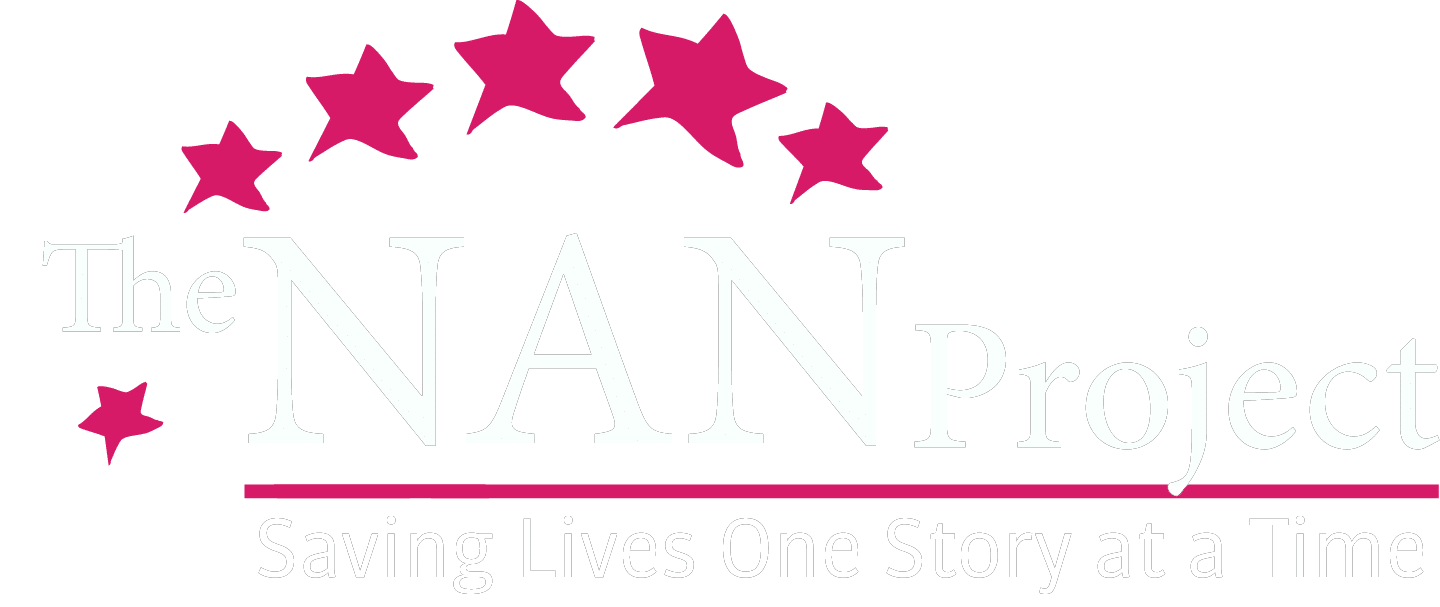News & Blogs
Who we are
Stay updated on everything going on with The NAN Project
Presentations to Medford Senior Class
The NAN Project’s End of Year Recap
My Anxiety and Self Image Got Weird in Quarantine
A Night for NAN 2020
Grief Ripples Out, But So Does Hope
You Are Not Alone: What Local Experts Want You To Know About Suicide
ED-SAFE: A Study in Suicide Intervention
Peer Mentor Spotlight: Margaret Parkhurst
The Weight of Gold: Athletes and Mental Illness
A Different Kind of Summer with The NAN Project
